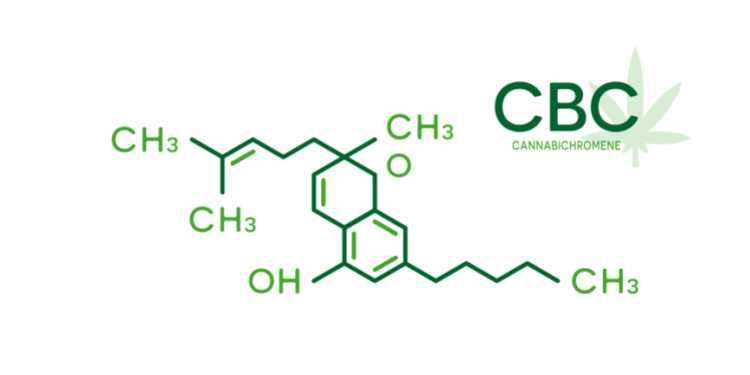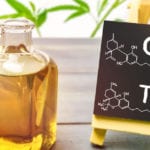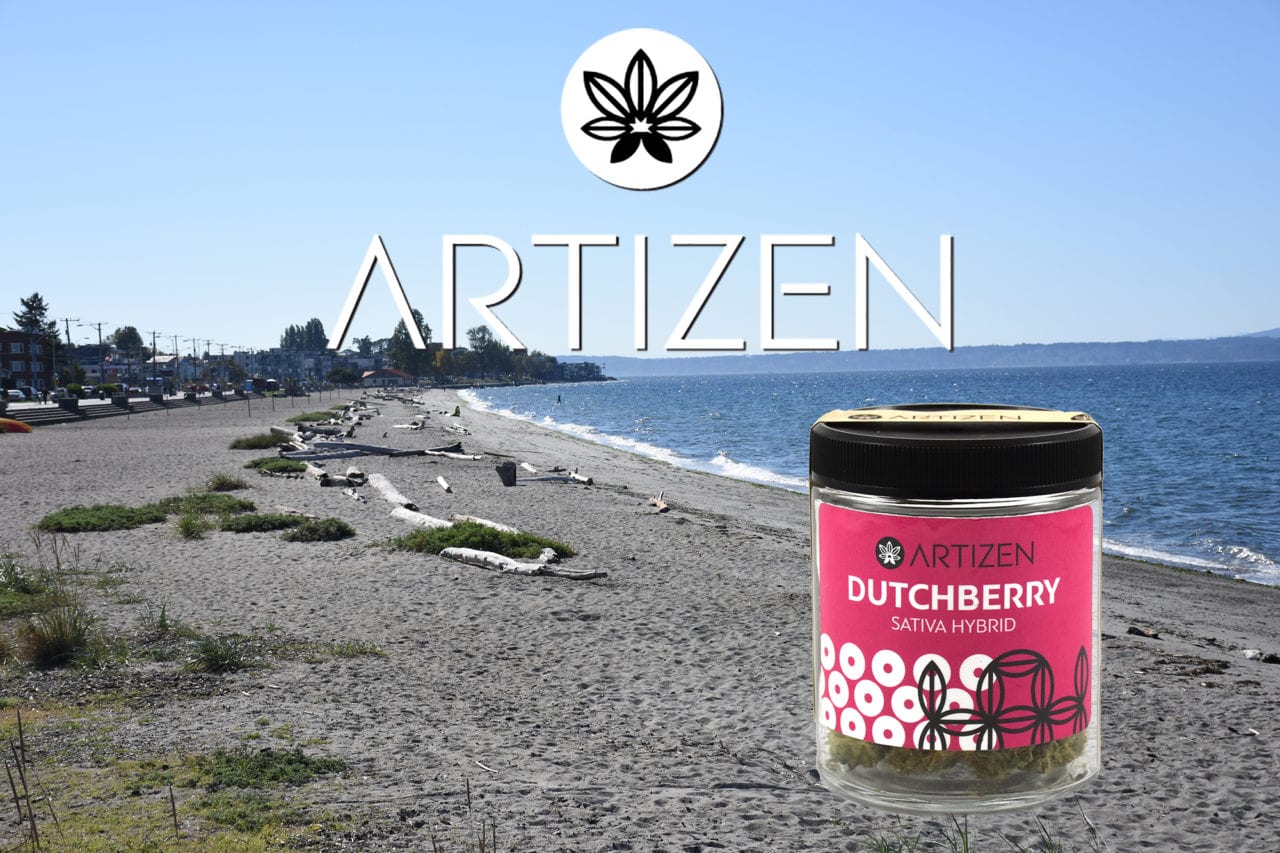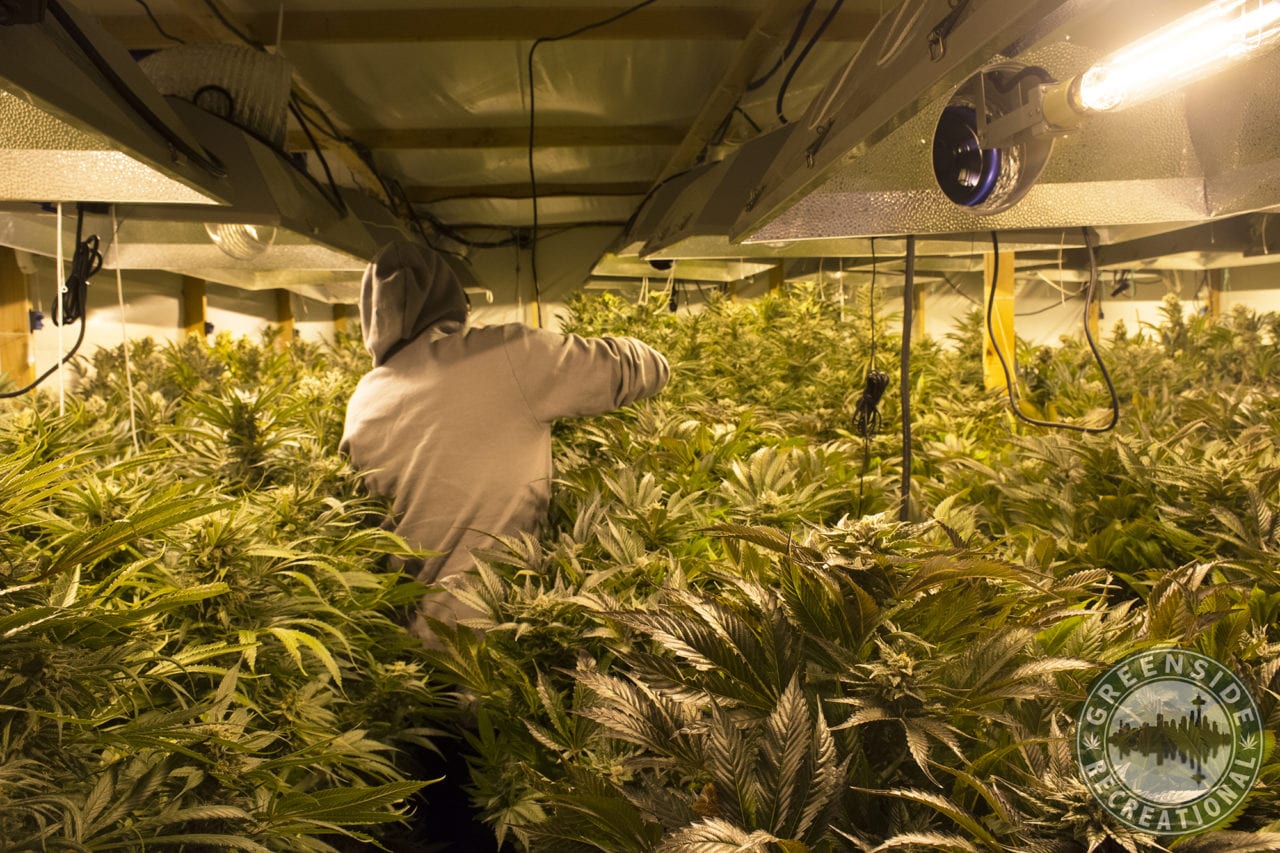With the popularity of cannabis growing every day, so too is the interest in learning about active compounds like cannabinoids. While you have heard of THC and CBD, there are actually over 100 other known cannabinoids in the cannabis plant, and many of them offer several unique healing properties. One of the lesser-known cannabinoids gaining popularity is a compound called cannabichromene, also known as CBC. If you’d like to learn more about CBC and what it may provide, this article is for you!
What is CBC?

Even though most people haven’t heard of it, CBC is actually the third most prominent cannabinoid in cannabis behind THC and CBD. But because we lack research, we don’t know as much about it as we know about other cannabinoids. A few of the things we do know is that it has the power to fight pain, inflammation, and promote neurogenesis.
CBC was discovered in 1966, and like CBD, it is a non-psychoactive cannabinoid that does not produce feelings of being “high” like THC. It has a similar molecular structure as other cannabinoids like THC, CBN, and CBD, but it has a unique way of interacting in the body.
While CBC interacts directly with cannabinoid receptors in the body called CB1 and CB2, what’s interesting is that it also interacts with other receptors like TRPA1 and TRPV1. What are these other receptors? Like the endocannabinoid system, these channels connect throughout the body and play an essential role in pain and inflammation signals. “TPR” stands for “transient receptor potential channel.” They act a bit like an SOS network that sends signals about inflammation and pain. Because CBC interacts with these other receptors, it has a lot of therapeutic potentials that most other cannabinoids don’t have.
Benefits of CBC

While we are still learning about all the ways CBC may help the body and mind, here are some of the possible that have been studied so far:
Antimicrobial. Like many other cannabinoids, CBC has potent antimicrobial properties that could allow it to fight things like staph, E. coli, and even hard-to-treat MRSA.
Fights Acne. A study found that CBC may reduce acne-causing sebum oil and shows promise as a potential acne treatment.
Reduces Pain. Just like most cannabinoids, CBC may help reduce pain, especially when combined with other cannabinoid compounds.
Anti-inflammatory. CBC may reduce inflammation on its own, but a 2010 study showed that it is even more effective when used with other cannabinoids like CBD. Because inflammation is thought to be the root cause of many illnesses, compounds like CBC could play a role in treating a variety of conditions.
Fights Depression. Many cannabinoids are showing promise as potential treatments for mood disorders like depression. While more research is needed to understand how CBC may help manage depression, it is believed to provide mood-elevating properties.
Helps Brain Growth. A study from 2013 shows that CBC might be effective at promoting neurogenesis. The researchers found that CBC may increase the viability of brain cells while they develop. This could help lead to new treatments for degenerative diseases and brain injuries.
Final Thoughts
We are still learning about CBC and its possible range of benefits and capabilities. But the good news is that CBC has a unique ability to interact with receptors outside of the endocannabinoid system, making it a prime compound for new research. We know that it tends to be the most effective when taken alongside other cannabinoids — because of the entourage effect. That means that any full-spectrum product with CBD is probably your best bet for maximizing its benefits.
If you need help finding products with CBC, our expert staff is ready to help! Come in for a visit at our Des Moines dispensary and we’ll be happy to help you find the products that will work best for achieving your desired results.





